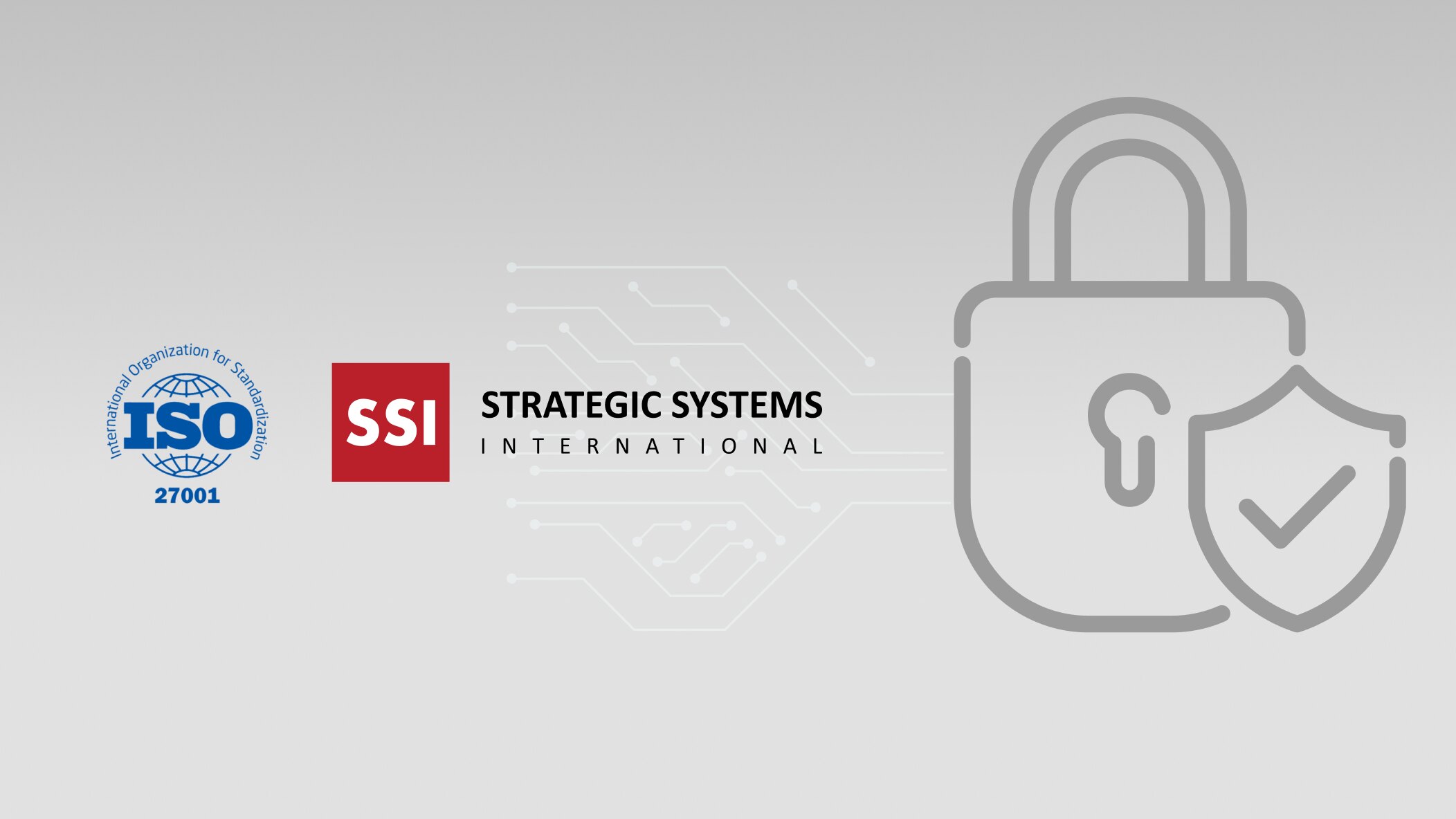The fourth industrial revolution – the term coined by Klaus Schwab (Founder and Executive Chairman of World Economic Forum) has been around for a long time now. Radical changes in how products are developed, manufactured, sold and shipped; human workforce being replaced by machines that are augmented with web connectivity and the pervasive inclusion of automation, artificial intelligence, IoT and the like in everyday life can all be attributed to the emergence of Industry 4.0.
Even though majority of manufacturers find challenging to utilize these technologies without facing scalability issues, a significant number of them are already reaping the benefits. Many are now relying on the promise of 5G and Internet of Things for high bandwidth, low latency and seamless communication for effective utilization of resources. The solutions this kind of connectivity offers are vast – sensors, cloud robotics, centralized tracking of goods, remote quality inspection, automated factory floors etc. Even better, it can enable the evolution of a global ecosystem of smart manufacturing centers.
How are smart factories better than traditional ones?
Unlike traditional factories that only produce goods, smart factories will also be involved in data collection which can provide actionable insights. The standard smart factory can generate around 5 million gigabytes of data weekly which aids each facet of the process from the production line to product design.
This is crucial because reports suggest the average manufacturer can lose 30% of revenue due to glitches in the production process. Data collected from smart machines allows for a massive decrease in this loss e.g. when Intel attached data analytics to their computer chip production process to predict system failure, they were able to save $3 million. Data can also gauge power consumption and help improve energy efficiency as a consequence.
Further, once traditional factories adopt smart machines, they can cut down on a major cost i.e. machine maintenance which is often a highly ineffective exercise as either it proves to be unnecessary or the task is delayed till the point where machines break down and manufacturing comes to a halt.
Characteristics of a smart factory
As workflow processes inside manufacturing units evolve, it is likely to bring about improved and increased automation, assembly control, cloud-based applications of robot controllers, workforce safety, asset management, workforce efficiency and environmental compliance – and these are just a handful of use cases we can expect to see.
Broadly speaking, smart machines add value to a manufacturing unit by increasing efficiency, safety and security, flexibility and connectivity.
Our expertise in the smart manufacturing domain and having deployed various recent Industrial Internet of Things projects for clients including Fibro and Advanced Energy, we have observed that innovative technologies such as predictive analytics, prescriptive analytics, machine learning, internet of things etc. deliver tremendous value to operations. It’s exciting to see that optimization models to build operational efficiencies are now being delivered leveraging data captured from machinery and goods.
Is it really the future?
With industries striving to be more agile and cost effective in today’s competitive global business environment, it is safe to say smart machines are the future – and present, in fact, of manufacturing. Furthermore, as AI continues to develop in different ways, there is a likelihood of it replacing human imagination. However, this will not automatically mean a reduction in jobs – what we’re likely to see is a human-machine alliance that conserves crucial organizational resources like time and money – giving humans a chance to focus more on creative tasks. This is likely to translate into increased profits, innovation and an overall thriving business environment.
Strategic Systems International has a remarkable portfolio of delivering data-driven products and solutions to market and helping fast-growth firms achieve success through software development outsourcing. Please review our success stories here. Contact us for any queries at sales@ssidecisions.com.
Accelerate your digital and product engineering capabilities through remote work!
As companies struggle to maintain business continuity and maintain their digital growth trajectory, we are fully prepared and experienced to partner.



